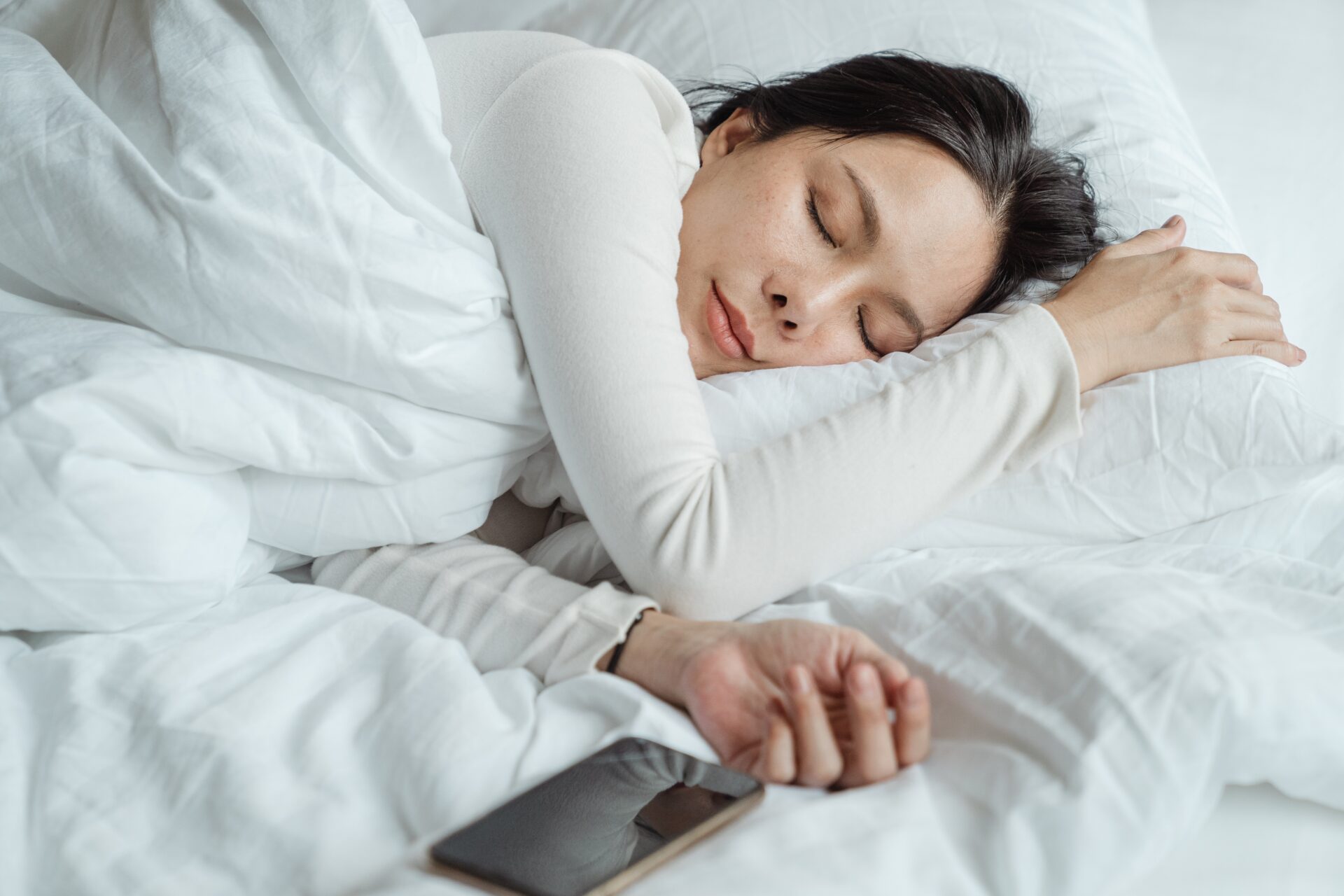
How to set yourself up for a restful nights sleep
This is a guest blog from Dr Mary McMillan for the UNE Student Consultative Committee (SSC).
If you’ve ever struggled to fall asleep at night, it might be due to poor sleep hygiene. We aren’t talking about brushing your teeth and washing your face before bed (although those are both very important), thankfully, Dr Mary McMillan from UNE Science, discusses what sleep hygiene is and how you can attribute it to a better nights sleep in our guest blog below.
Sleep hygiene is all about your behaviours and habits around sleep.
Just as we have routines for personal hygiene – we bathe, brush our teeth and hair, etc – we can also have routines around getting good sleep. This can include things like trying to go to bed and wake up at around the same each day so that your body and brain become accustomed to it. It can also include thinking about when you exercise so that it’s not too close to bedtime and considering what you each and drink – like limiting caffeine in the hours before bed. It’s also about setting up your sleeping environment – making sure you have a comfortable bed, that the room is a good temperature, and that there isn’t too much light or sound.
A lot of people also suggest a pre-bed routine: making some time to dim the lights and get relaxed before popping into bed. While the basic concept of sleep hygiene can be applied to anyone, what that looks like for you might be different from other people.
Just as we all differ in the amount of sleep we need, we’ll also differ in the routines that help us achieve good sleep, so you might want to experiment with what works for you.
More apps are using dark mode, as well as devices with blue light filters/night modes. However, this is an area where the science definitely isn’t settled. The idea behind these devices or using night mode is that it switches the tone of light from blue tones to yellow tones. This is because it has been through that blue light disrupts or prevents sleep, by impacting the production of the sleep-inducing hormone melatonin and by un-balancing our circadian rhythms.
But some recent research has suggested that the opposite is true, and that using dim, cooler lights in the evening might be less disturbing. This research also suggested that it might be how bright light is, rather than the colour that is most important, with dimmer light being better for sleep. So the jury is still out on these filters and night modes. But it’s probably safe to say that taking some time out from your phone to relax before bed is a good idea anyway.
Thank you Dr McMillan and SCC for the guest blog!
You can find out more about the UNE Student Consultative Committee via their website here.


